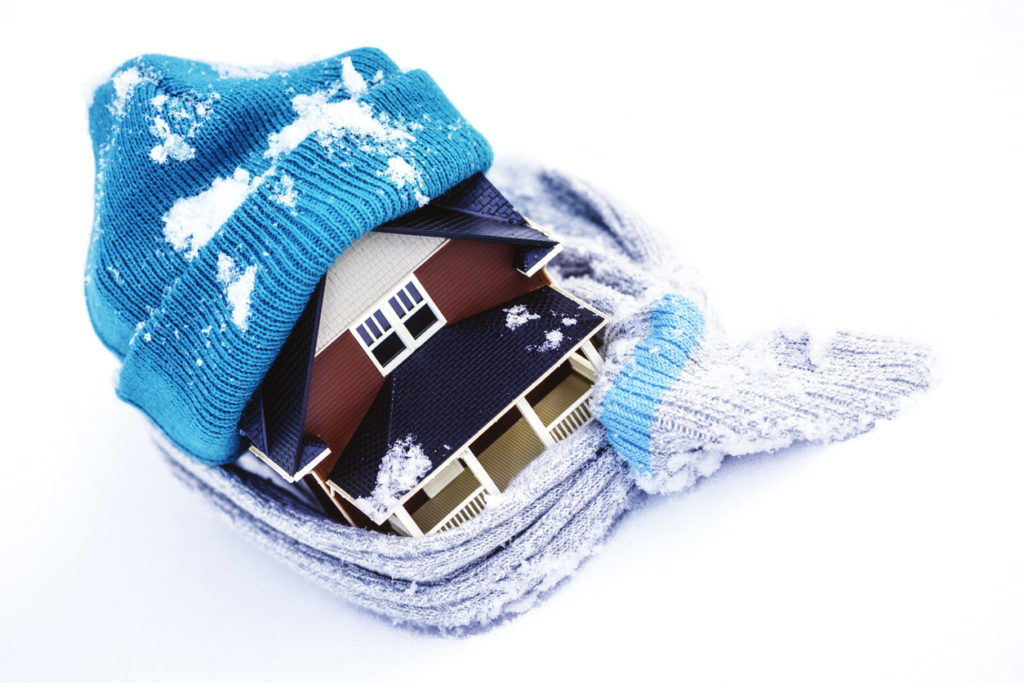Winter weather causes billions in homeowners insurance claims losses each year—it doesn’t have to.
Water damage, particularly the kind related to frozen or burst pipes accounts for the major share of homeowners insurance claims in Michigan.
Wrapping your pipes during winter months is recommended along with keeping your home at 65 degrees or more. Knowing where your home’s water shutoff valve is located will allow you to quickly shut off the water at its source in an emergency.
Following some basic maintenance steps can prevent catastrophic water damage from ruining your home and costing you money and grief. Be prepared by addressing problem areas around your home, here are a few tips:
- Protect Indoor Pipes Burst pipes can cause up to $5,000 or more in damage. Pipe insulation costs a little as 50 cents per linear foot making it an inexpensive way to ward off frozen pipe issues. Insulation can be installed yourself around any exposed copper or PVC water pipes. 37% of all burst pipes occur in the basement so make sure to pay special attention to that area.
- Insulate Your Attic or Crawl Space
By keeping your attic cooler, you can prevent ice dams from forming and damaging your roof. Insulating the attic with properly rated insulation will help to keep your attic cool and avoid any unnecessary pitfalls. - Service Your Furnace and Chimney
Heating equipment, fireplaces, and chimneys are some of the biggest culprits of home fires, according to the Consumer Product Safety Commission. Having them serviced and inspected annually is a safe practice. Be sure to have the inspector examine the condition of the chimney—brick periodically needs maintenance to keep water from leaking in. - Repair Loose Roofing & Shingles
Doing a once-around your property to inspect your roof can go a long way to warding of potential hazards. If you notice loose, damaged, or missing shingles, have a licensed roofing contractor do a deeper inspection so and mend any damage before the first snow flies. It has been said that a single cubic foot of snow or ice can weigh 20 to 25 pounds—that kind of pressure can cause shifting of shingles, allowing water to penetrate your roof and leak into your home. - Clean and Inspect Gutters
Clogged gutters can cause water to back up and then freeze once temperatures drop. Keep gutters clear and properly connected to ensure that melting snow runs off your roof and through your downspouts. - Prune Dead Branches
Branches covered in snow can easily break and cause safety hazards aside from the potential to cause thousands of dollars of roof damage. Before the first snow, have a reputable contractor, remove dead or protruding branches that might compromise your property. - Secure Outdoor Water Sources
Drain and store garden hoses before the first inkling of frost to eliminate any chance they’ll freeze or burst. Shut off the water-supply valve to hose bibs, from inside your house or basement, then open the outdoor spigot so any water trapped inside will drain free. Simply shutting off the spigot will cause trapped water to freeze and cause a burst pipe inside.
If you experience any kind of water damage to your home in Michigan don’t hesitate to contact us at Advance Restoration—We’re there when you need us.
